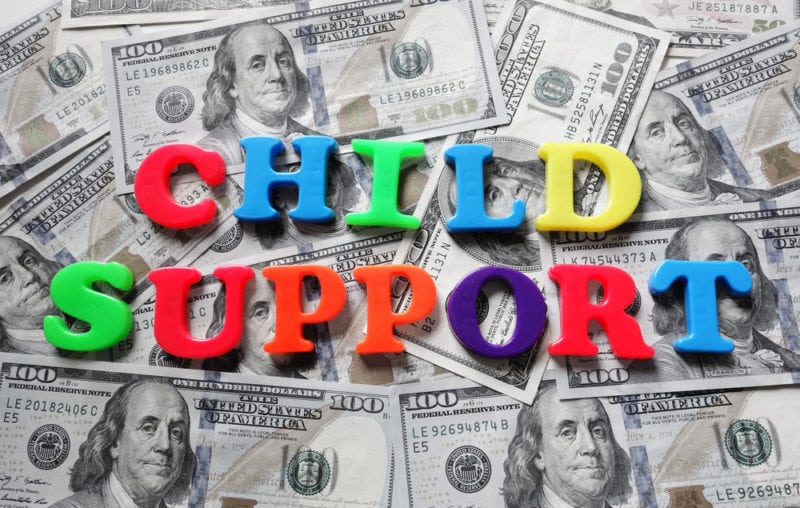New Child Support Guidelines came into effect on November 22, 2017. Child support obligations are calculated in accordance with the tables included in the Child Support Guidelines, which can be found here. Some situations allow the Courts to deviate from the prescribed amounts.
Can I get retroactive child support payments because the payor has not paid enough?
Perhaps. The leading case dealing with this question is known colloquially amongst family lawyers as the “DBS” case. There, the Supreme Court of Canada enunciated a number of principles:
1. Generally, the support recipient will be unsuccessful in a retroactive claim for support when the children are no longer entitled to support, which in most cases, means that they have turned the age of majority and are not pursuing post-secondary education. The Court made it clear that child support is the right of the child, and not adults who were once entitled to support.
2. The support recipient must advance a credible claim for not having pursued an increase in support sooner. For example, if the recipient was ill, lacked the emotional or financial needs to bring an application, or received inadequate legal advice, a retroactive award will be more likely.
3. The conduct of the payor parent is taken into account in the decision to award retroactive support. For example, in Marsh v Jashewski, the Father was decried for his “deplorable” conduct in deliberately hiding his pay increases from the Mother, and for responding to the Mother’s requests for increased support with profanities. The Court found that the Father was intimidating the Mother into not pursuing her claim, and that the Father clearly had contempt for his legitimate child support obligations.
4. If the child did not suffer greatly from the reduced support, a retroactive increase in support is less likely. For example, in Staples v Callender, a 2010 Nova Scotia case, the Court held that a retroactive award was not appropriate where the child enjoyed a comfortable lifestyle because of a step-parents’ support. Where the recipient was struggling financially because the appropriate amount of support was not paid, however, a retroactive award becomes more likely.
5. The court considers any hardship to the payor that will come from a retroactive increase in support. Even where hardship is found however, the Court should consider alternative awards to curb the hardship (through periodic installments, for example).





